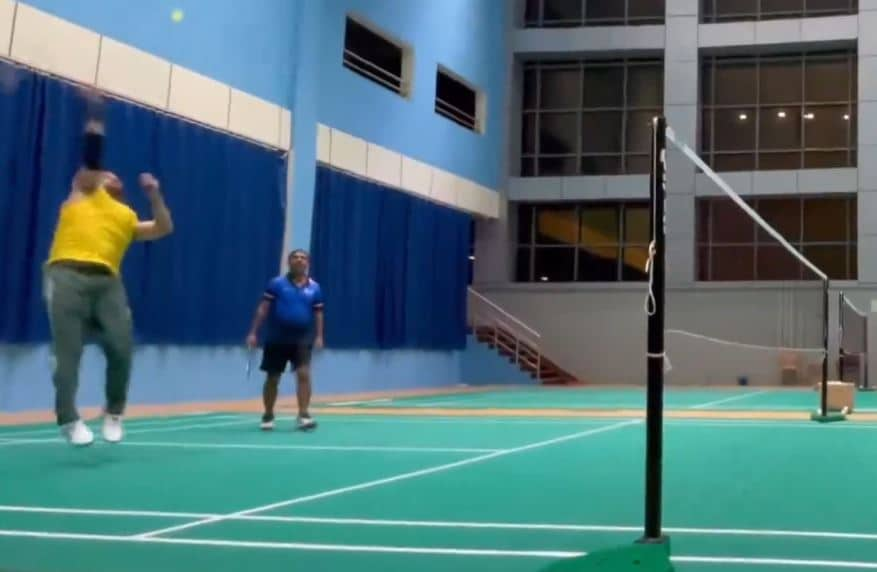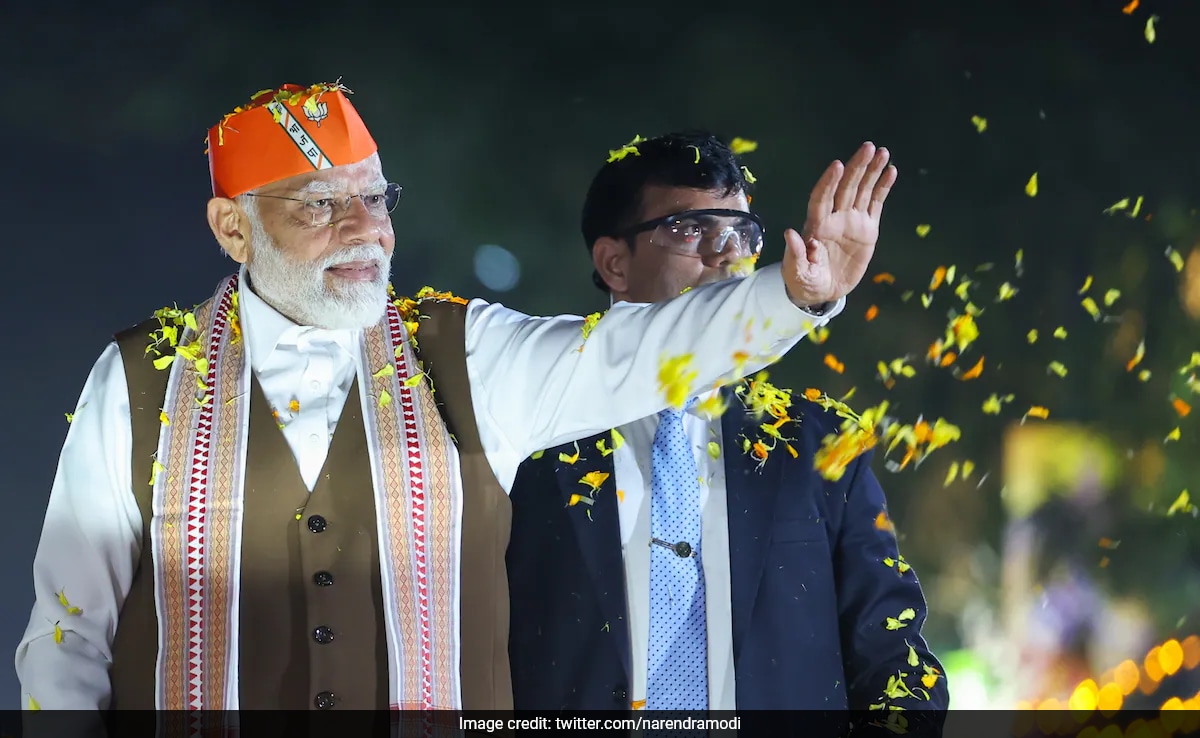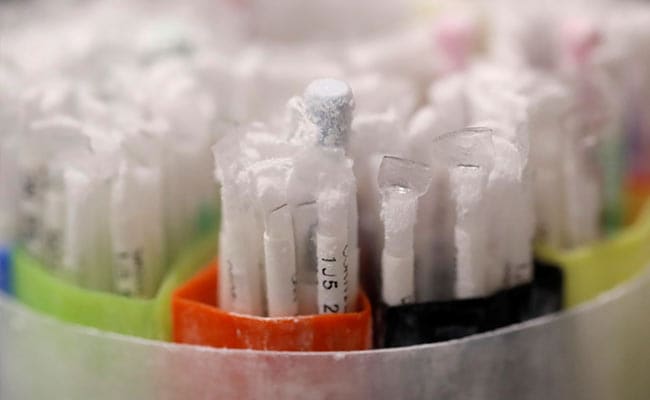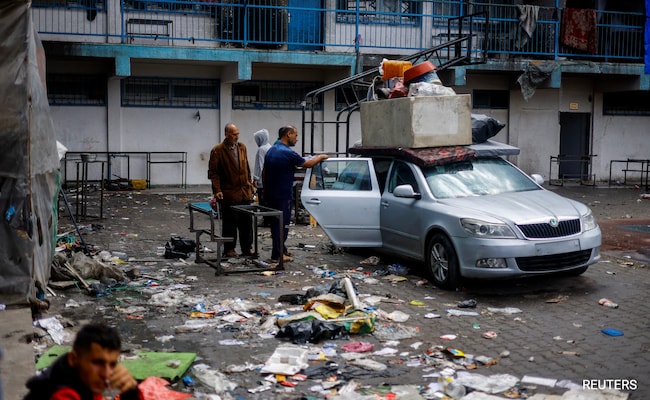There are no restrictions on sperm or eggs from the UK being sent abroad. (Representative pic)
Sperm donated in the UK is being exported to other countries and can be used to create large numbers of children across the world, violating a strict 10-family limit that applies in the UK, experts warned. According to The Guardian, while a single donor can be used to create no more than 10 families in UK fertility clinics, there are no restrictions on sperm or eggs from the country being sent abroad. This legal loophole is being exploited in what appears to be an industrial-level practice. It also raises the prospect of some donor-conceived children navigating relationships with dozens of biological half-siblings across Europe and beyond.
Amidst this, experts are calling on the Human Fertilisation and Embryology Authority (HFEA) to tighten restrictions. “If you believe that it’s necessary to enforce the 10-family limit in the modern world then logically that should apply wherever the sperm are from,” said Prof Jackson Kirkman-Brown, chair of the Association for Reproductive and Clinical Scientists (ARCS), per The Guardian. “There is data showing that some of the children who find the really big families struggle with that,” he added.
Separately, speaking to the outlet, Prof Lucy Frith, of the University of Manchester, who is researching donor-conceived experiences, said that making contact with biological half-siblings is often viewed positively. However, she added that “when numbers of siblings began to grow [it] felt unmanageable to have contact and relationships with a growing and indeterminate number of people.”
“There are no hard and fast figures of when the number becomes ‘too much’ and this depends on individuals, but generally over 10 was felt to be a large group,” she said.
“Once you’ve frozen sperm it doesn’t get any older,” said Mr Kirkman-Brown. This means that a donor sperm could continue to be used for years or decades. “You can end up with donor siblings older than your parents, which is not somewhere we’ve been yet,” he added.
Donations are “presented to donors as a beautiful gift to help someone create a family, not as, ‘We’re going to maximise the number of births from your gametes and make as much money as we can from that,'” said Prof Nicky Hudson, a medical sociologist at De Montford University.
The rule for enforcing the 10-family limit across licensed clinics is controlled by HEFA. According to the regulatory body, 10 is the number people feel comfortable with in terms of the number of potential donor-conceived children, half-siblings and families that might be created.
“As the HFEA has no remit over donation outside of HFEA licensed clinics, there would be no monitoring of how many times a donor is used in these circumstances,” said Rachel Cutting, director of compliance and information at the HFEA.
Also Read | Humans Experience Fastest Aging At These Two Ages, Reveals Study
Experts are now asking HEFA to crack down. “The HFEA is limited by its statutory duties, but it could stipulate that it will only import gametes that meet the UK limit (10 families), outside the UK,” said Lucy Frith.
“The HFEA’s position that this is outside its remit is not good enough,” said Sarah Norcross, director of the fertility charity Progress Educational Trust. “I’m not against there being more than 10 families if some are outside the UK, but 75, which some of these banks have alighted on, is a heck of a lot of relatives. Even if they say we can’t control the number of families abroad, they could insist that the number is made available to the recipient,” she added.
Notably, according to The Guardian, the United Kingdom was an importer of sperm till five years ago, mainly from the US and Denmark. But between 2019 and 2021, the UK exported 7,542 straws of sperm. Additionally, the world’s largest sperm and egg bank Cryos opened a unit in Manchester this April.
“The European Sperm Bank, which accounted for 90% of exports, applies a worldwide limit of 75 families a donor and estimates that its donors help on average 25 families,” the report said.
“The idea of a dad to loads of children already exists in our cultural imagination. We don’t have that for women,” noted Prof Nicky Hudson, adding that it’s not an idea encouraged by women. One of them told her it “felt like human trafficking”.
Waiting for response to load…
















